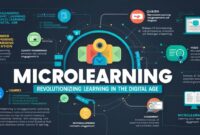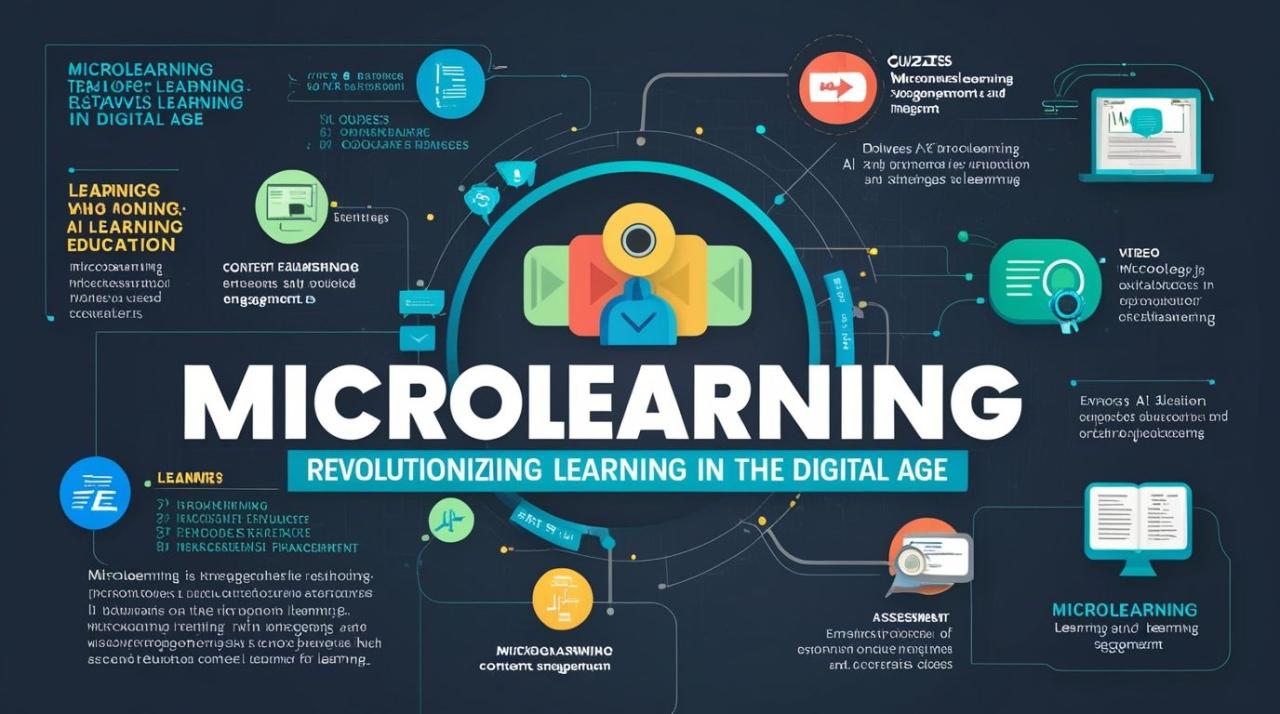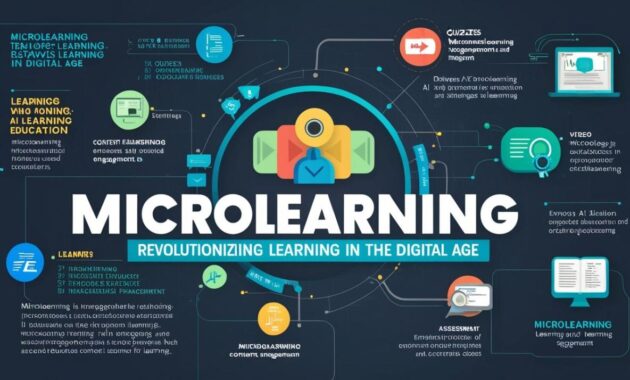Best Apps for Learning History Anywhere is an essential topic for anyone looking to expand their knowledge of the past while on the move. In an age where information is at our fingertips, various applications have emerged as powerful tools to make history accessible, engaging, and interactive. These apps not only offer a wealth of historical data but also provide unique features that enhance learning experiences, making them ideal for students, educators, and history enthusiasts alike.
From interactive timelines to immersive storytelling and gamified learning experiences, these applications cater to diverse learning styles and preferences. By harnessing technology, they break down geographical barriers, allowing users to delve into historical events and figures from anywhere in the world. This evolution in educational resources represents a significant shift in how history is taught and learned, emphasizing the importance of making history accessible to all.
In the socio-cultural and economic context of the 21st century, the role of technology in shaping human interactions and societal norms has become increasingly paramount. This article aims to explore the multifaceted impact of technology on contemporary society, focusing on communication, education, healthcare, and the economy. Each of these sectors illustrates distinct yet interconnected avenues through which technological advancements have revolutionized traditional practices, bringing about both opportunities and challenges that warrant critical examination.One of the most profound changes instigated by technology is observed in the realm of communication.
The advent of the internet and mobile technologies has transformed how individuals connect with one another, enabling instantaneous communication regardless of geographical boundaries. Social media platforms, such as Facebook, Twitter, and Instagram, have emerged as dominant forces, redefining interpersonal relationships and community structures. A recent survey by the Pew Research Center indicated that approximately 70% of Americans use social media, highlighting its integral role in daily life.However, the implications of this shift extend beyond mere convenience and connectivity.
The rise of digital communication has also raised concerns regarding privacy, mental health, and the quality of interactions. Studies have linked excessive social media use to an increase in feelings of loneliness and anxiety, particularly among younger demographics. The phenomenon of “social media fatigue” has led to growing calls for digital literacy education, urging individuals to navigate the complexities of online interactions critically.
As society grapples with these issues, it becomes evident that while technology facilitates communication, it also necessitates a reevaluation of social norms and individual behaviors.Transitioning to the educational sector, technology has ushered in a new era of learning that is characterized by accessibility and personalization. The proliferation of online learning platforms, such as Coursera, edX, and Khan Academy, has democratized education, allowing individuals from diverse backgrounds to access high-quality resources.

Research indicates that online learning can enhance knowledge retention, particularly when interactive elements are incorporated. A report by McKinsey & Company found that students engaged in online learning performed better than their peers in traditional classrooms, suggesting that technology can facilitate more effective educational practices.Nevertheless, the shift towards digital education also highlights significant disparities, particularly concerning socio-economic status and access to technology.
The “digital divide” remains a critical challenge, as students in underfunded schools or remote areas may lack the necessary resources to participate fully in online learning environments. Furthermore, the reliance on technology raises questions about the effectiveness of traditional pedagogical methods and the potential for digital distractions. Therefore, while technology has the capacity to enhance education, it is imperative to address these inequities to ensure that all students benefit equally from technological advancements.In the field of healthcare, technology has revolutionized patient care and medical research, leading to improved outcomes and greater efficiency.
Telemedicine has gained traction, allowing patients to consult healthcare professionals remotely, a trend accelerated by the COVID-19 pandemic. A study published in the Journal of the American Medical Association noted that telehealth visits increased dramatically, with a 154% rise in March 2020 compared to previous years. This shift has enabled patients to access care without the barriers of travel and time, particularly benefiting those in rural areas.Moreover, advancements in medical technologies, such as artificial intelligence (AI) and machine learning, are paving the way for more accurate diagnostics and personalized treatment plans.
Algorithms can analyze vast amounts of data, assisting physicians in making informed decisions tailored to individual patients. For instance, AI applications in radiology have shown promise in detecting abnormalities in imaging scans, enhancing diagnostic precision. Despite these advancements, ethical considerations surrounding data privacy, consent, and the potential for biased algorithms remain pressing concerns in the healthcare sector.Finally, the economic landscape has been profoundly affected by technological innovations, particularly through the rise of the gig economy and automation.
The gig economy, characterized by short-term contracts and freelance work, has expanded significantly, driven by platforms such as Uber, TaskRabbit, and Upwork. This shift has provided flexibility and opportunities for many individuals; however, it has also raised questions about job security, benefits, and workers’ rights. A report by the International Labour Organization (ILO) estimated that 20-30% of workers in developed economies engage in some form of gig work, highlighting the need for regulatory frameworks that protect workers in this evolving landscape.Additionally, automation presents both opportunities for increased efficiency and challenges related to job displacement.
Industries such as manufacturing and retail have increasingly adopted automated systems, leading to significant productivity gains. However, the World Economic Forum has projected that automation could displace approximately 85 million jobs worldwide by 2025, necessitating a focus on upskilling and reskilling initiatives to prepare the workforce for the changing demands of the labor market.In conclusion, the impact of technology on contemporary society is both profound and complex.
While it has transformed communication, education, healthcare, and the economy, it has also introduced various challenges that require careful consideration. As we navigate the evolving technological landscape, it is essential to strike a balance between embracing innovation and addressing the inequalities and ethical dilemmas that arise. Future research and policy efforts must prioritize inclusivity, equity, and ethical standards to ensure that technological advancements benefit all members of society.
By fostering a critical understanding of technology’s role, we can better prepare for the future and harness its potential to enhance the human experience.









